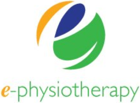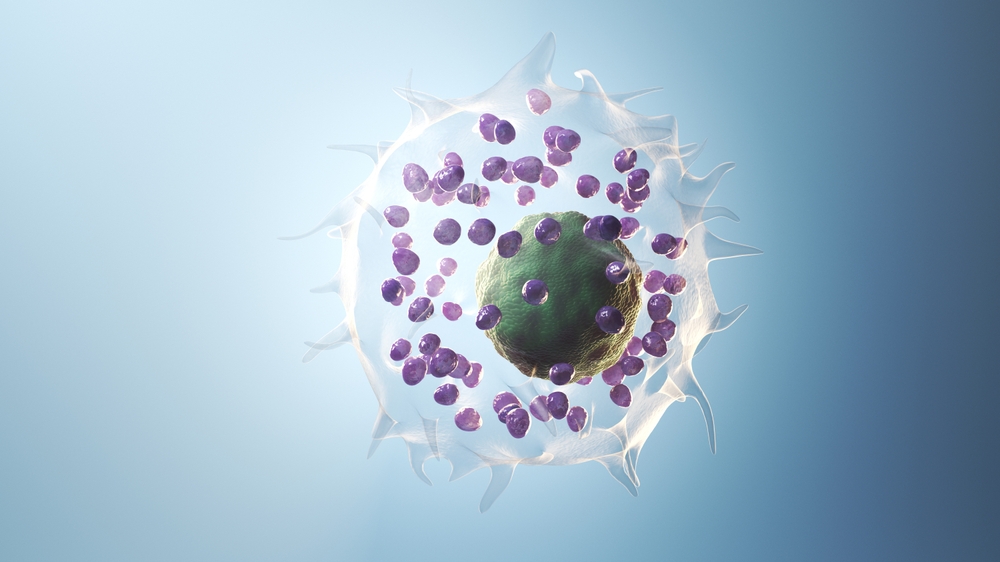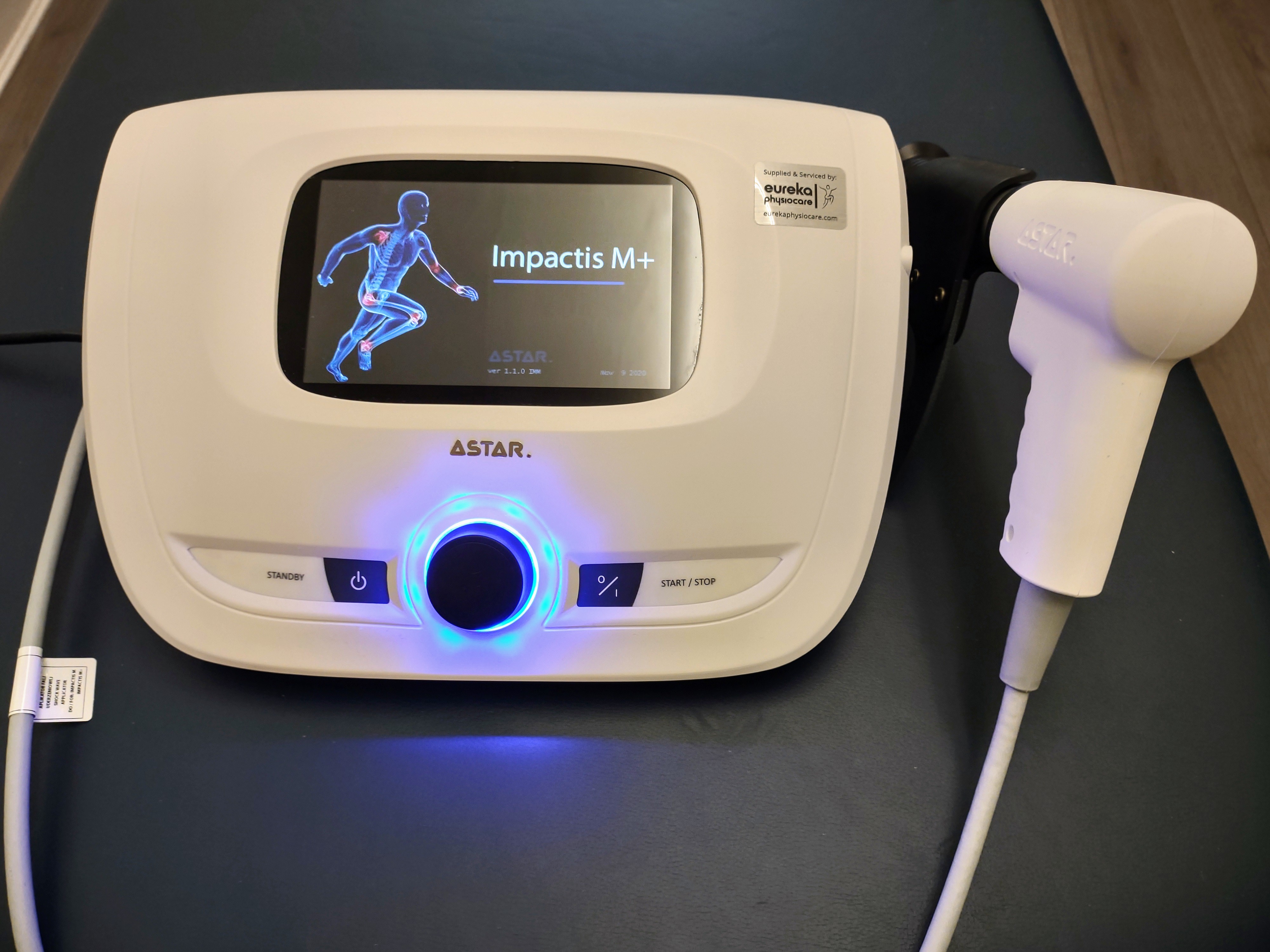There is increasing but limited evidence to suggest that Long COVID, fibromyalgia, chronic fatigue (ME), post viral fatigue, and mast cell activation syndrome (MCAS) are the same syndromes, and related to hypermobility (especially Ehlers Danlos syndrome), neurodivergence and attention deficit and hyperactivity disorder (ADHD). Since the COVID pandemic, there has been an increase in the numbers of people with the symptoms of these overlapping syndromes, which is helping improve our understanding of them. Unfortunately, it is difficult for patients to get a firm diagnosis as the symptoms are quite generic and diverse, and many in the medical profession do not believe that these are related or real syndromes. Many are misdiagnosed with depression and anxiety, but this is likely a result of pain and the unpredictible/unusual/variable symptoms, which interfere greatly in an individual’s life, rather than the cause.
Diagnosis
Diagnosis is primarily from your symptoms, medical history and the elimination of other possible causes. There are few tests to confirm if you have these conditions. For example, fibromyalgia is diagnosed from how widespread the pain locations are using tender point locations maps and the Widespread Pain Index (WPI). This is nicely explained on the American Fibromyalgia Syndrome Association website. https://www.fibromyalgiafund.org/diagnosis/
Hyperflexibility and Ehlers Danlos syndrome are usually diagnosed using the Beighton Score for hyperflexibility. The Ehlers Danlos Society outlines this test clearly on their website. https://www.ehlers-danlos.com/assessing-joint-hypermobility/ Genetic testing is possible for Ehlers Danlos syndrome but is only used to diagnose rare versions of the disease, rather than the hyperflexible version, which is the most common.
Chrnoic Fatigue/ME/Long COVID are also diagnosed from a medical history of a precipitating viral infection (COVID or other) and persistent fatigue, pain, memory and concentration issues. Since the COVID pandemic, there has been an increase in mast cell activation syndrome (MCAS), which has symptoms similar to long COVID.
MCAS is diagnosed from symptoms that are similar to having a persistent or recurrent alleric reaction. There are blood and urine indicators of increased mast cell activity such as tryptase, methyl histamine, and prostaglandin. A good response to antihistamines or mast cell stabilizer medications also helps in the diagnosis of MCAS.
What symptoms might you have?
If you are hyperflexibile, you may be aware that you can move your spine and limbs more than most people, have poorer balance, and are often not that aware of the position of your joints. This may mean that you have increased injury with exercise compared to less flexible people, and even if you do not do much exercise, you may have muscle spasms and joint pains. However this is not always the case, some people are unaware of their hyperflexibility.
A large range of symptoms are possible if you have developed mast cell activation syndrome (MCAS), including headaches, fatigue, insomnia, jaw pain, allergies/MCAS, food intolerance, hayfever, eczema, and dizziness. Gastrointensinal issues including bloating, excessive fullness after eating, abdominal pain, constipation/diarrhoea, irritable bowel syndrome symptoms, vomiting, difficulty swallowing, gastric reflux/GORD, nausea, and eating disorders.
Postural tachycardia syndrome (PoTS) and orthostatic intolerance may occur related to dysautonomia secondary to MCAS. PoTS occurs when you stand up and your heart rate increases and you may feel palpitations, dizziness, lightheadedness, feeling faint, nausea, headaches, and sweating. These symptoms are alleviated when you lie or sit down.
Evidence of Links between these syndromes
Research evidence is quite limited unfortunately. Evidence is primarily based on correlations between the syndromes/diseases and the similarity of their symptoms.
Of the patients who have fibromyalgia, 98% also have hypermobility or Elhers Danlos syndrome.
Patients with hypermobility have an increased likelihood of getting a wide variety of diseases, including long COVID/MCAS symptoms. This appears likely due to different gene expression both before and after contracting COVID (or other conditions that create an inflammatory challenge for the body) compared to patients with normal flexibility. This altered gene expression is also more common in neurodivergent people.
Hypermobility is associated with higher rates of ADHD (5.6 times more likely to have ADHD if hypermobile), neurodivergence, bipolar disorder, anxiety, depression, fatigue and pain.
70% of people with panic attacks have hypermobility.
Mechanisms
The pathology, mechanism and pathways behind COVID or inflammatory challenge induced MCAS is poorly understood. We do know that mast cells should not be in a heightened state of activation for long periods of time. They should only react to injury, infection or during an allergic reaction and then return to a stable state.
In patiients with hypermobility and/or neurodivergence, it is thought that an inflammatory stimulus (such as an infection like COVID, allergic reactions, environmental toxins), psychological stress or trauma, can lead to a dysregulated inflammatory response (mast cell activation syndrome – MCAS). There is an intimate relationship between peripheral nerves and mast cells. If a mast cell is releasing histamine, it can cause peripheral and central nervous system sensitisation and associated increased pain. Dysautonomia (dysfunction of the autonomic nervous system) may also occur with time. Mast cells release histamine and increase inflammation in the surrounding tissue and as mast cells are found throught the body including in the skin, digestive tract, and peripheral/central nervous system, they can have wide reaching effects on the body if dysregulated. The stress hormone corticotrophin releasing hormone (CRH) can activate a mast cell’s histamine release and increase inflammation. Mast cells can also release this hormone, further increasing its effect on the body.
Mast cells can increase the permiability of the intestinal wall, alter peristalsis (muscular contractions of the intestine), and increase visceral sensitivity, leading to irritable bowel syndrome (IBS) symptoms.
MCAS can cause impairment of the autonomic system (dysautonomia) causing issues with blood pressure control, temperature control, migraines, difficulty thinking clearly, pain, itching, skin rashes and wheals and welts (uticaria).
Treatments
There is no satisfactory treatment or obvious medication for all patients in these syndrome groups.
Opiates and surgical interventions have worse outcomes in patients with hyperflexibility, so should be avoided.
Neuromodulator medications (originally used for epilepsy and depression, such as amitriptyline, gabapentin, pregabalin) may be beneficial if neural sensitisation has occurred.
Antihistamines may be beneficial for treating mast cell activation syndrome (MCAS), and as they are available without prescription, can help determine if you do have MCAS. Mast cell stabilizers, such as sodium cromoglicate, can be prescribed for MCAS. Following a low histamine diet may be helpful. Low dose naltrexone or immunomodulation may help reduce inflammation, but there is not strong evidence for this currently. The US Mast Cell Disease Society has useful information on medications on their website:
Repetitive transcranial magnetic stimulation (rTMS) may help recovery from fibromyalgia/chronic fatigue/ME. It changes the way pain signals are processed and perceived in the brain and helps to quiet overactive signals that may be perpetuating pain and fatigue. There is limited evidence that rTMS to the dorsolateral prefrontal motor l cortex on the right side of the brain for 20min. over at least 20 sessions in a 3-4 week period can resolve symptoms in at least some patients. A study by Stephanie Barrett showed 44% with complete remission, 95% improved symptoms, and 40% had pain reductions.
For Postural tachycardia syndrome (PoTS) symptoms, medications can be used to treat the dysautonomic symptoms for immediate relief and to help prevent recurrence, medications to dampen the inflammation reaction.
Physiotherapy
Proprioceptive and sensory processing exercises may help people with hypermobility and associated mental health disorders as it provides increased control and stability, reducing the resultant anxiety and depression. This may include Pilates, spinal stability training, strengthening as well as balance exercises and using taping/strapping to increase awareness of your joint position.
Strength training can help to reduce hyperflexibility symptoms and reduce injury rates. However, the use of braces and supports in patients with hypermobility should be limited as it leads to weakness and more pain compared to patients without hypermobility in the long term. An exception to this is if you are having issues with low blood pressure, compression garments for your lower limbs may be helpful.
References
The invisible impact of COVID-19 on hypermobility syndromes and neurodivergence- bodies, brains and burnout. Royal Society of Medicine Congress 11/7/25
Presneters: Dr Stephanie Barrett RTMS London; Kevin Davies; Jessica Eccles, Psychiatrist; Melvin Lobo; Helen Cohen; Qasim Aziz; James Kustow; Stephanie Barrett; Anne Maitland, Ehlers Danlos Syndrome Institute Medical Director and Immunologist; Jane Green.





